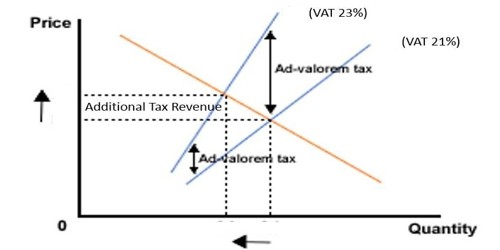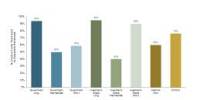At Premium
It means more value of shares and debentures i.e. higher value than the face value of shares or debentures. “At a premium” is a phrase attached to a variety of situations where a current value or transactional value of an asset is above its fundamental value. If you buy or sell something at a premium, you buy or sell it at a higher price than usual, for example, because it is in short supply. A company may call the amount of premium from the applicants or shareholders at any stage, i.e. at the time of application, allotment or calls. However, a company generally calls the amount of Premium at the time of allotment. A bond that is trading above its par value in the secondary market is a premium bond. As for the attractiveness of the investment, you can’t determine whether a bond is a good investment solely based on whether it is selling at a premium or a discount.
The phrase “at a premium” is used in both factual and opinion statements. It is meant to show that an asset is priced higher than it is actually worth. The issue of shares at premium refers to the issue of shares at a price higher than the face value of the share. In other words, the premium is the amount over and above the face value of a share. A company issues its shares at a premium when the price at which it sells the shares is higher than its par value.
The following are the provisions regarding this:
- It can use this amount to write off the preliminary expenses.
- The company may use it to pay the premium on the redemption of debentures or redeemable preference shares.
- It can also use this amount to write off the expenses incurred, commission paid or discount allowed on the issue of any securities or debentures.
- It can also use it for buy-back of own shares or any other securities.
















